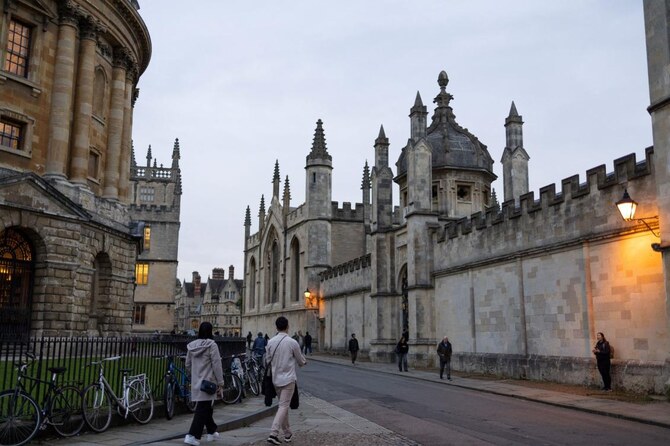On Thursday, universities across the United Kingdom urged a rise in tuition fees for domestic students as a strategy to address severe financial shortfalls, exacerbated by stricter visa regulations impacting international students.
The president of Universities UK (UUK), which represents 141 higher education institutions in Britain, underscored that these visa restrictions, introduced last year, have had a widespread effect on universities.
Sally Mapstone, the principal and vice-chancellor of the University of St Andrews, emphasized the urgency of the situation, stating, “There is now a clear choice: we can allow our distinguished, globally competitive higher education system to slide into decline, or we can act together.”
A recent House of Commons research paper revealed that the total income of the British higher education sector for 2022-23 exceeded £50 billion, largely from tuition fees and grants. International students, who typically pay higher tuition fees than domestic students, have traditionally been a crucial revenue source for many institutions.
However, restrictions imposed by the previous Conservative government, led by ex-prime minister Rishi Sunak, have curtailed the ability of many international students to bring their families to the UK, contributing to a significant drop in applications.
Official statistics show a 30,000 decrease in overseas student applications in the first four months of 2024 compared to the same period in 2023. This sharp decline has led to financial warnings from universities, with concerns that continued deficits could force them to cut courses or face severe financial instability.
At a UUK conference in Reading, Mapstone revealed that the sector is currently grappling with a £1.7 billion deficit in teaching and a £5 billion shortfall in research. She called for increased government investment and support to sustain high-quality teaching and research.
Meanwhile, Shitij Kapur, head of King’s College London, argued that domestic tuition fees, which were set at £9,250 in 2017 and have remained frozen despite rising inflation, should now be adjusted to between £12,000 and £13,000.


